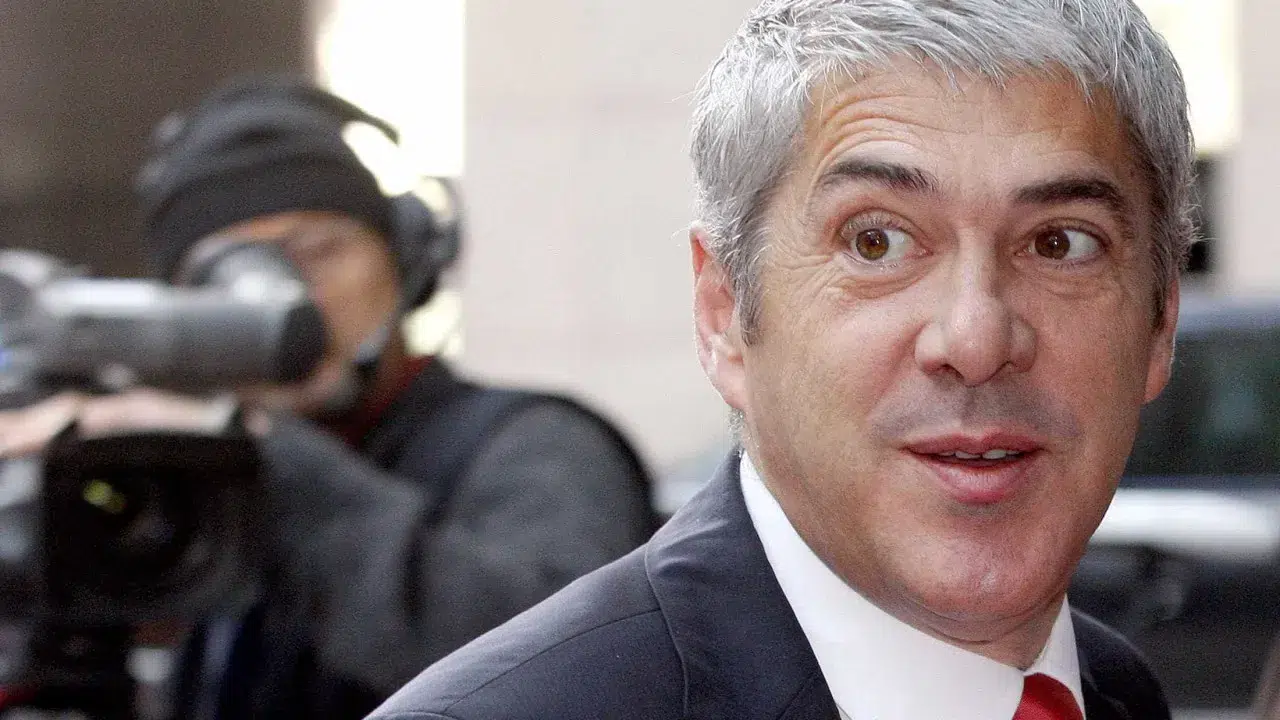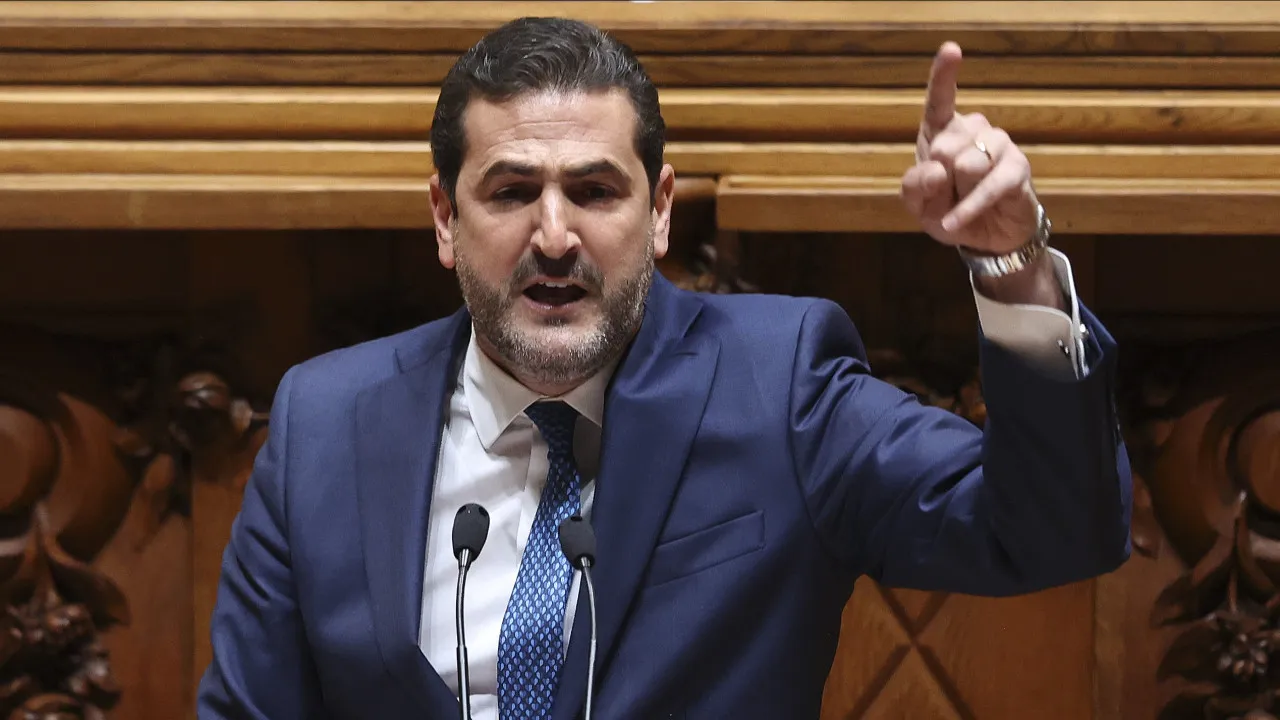
Former Prime Minister José Sócrates arrived at the Campus of Justice in Lisbon, where his trial commenced on Thursday, July 3.
Sócrates initially stated he would not speak to journalists but eventually made statements.
“They forced me to come here again,” he said.
Trial Begins 11 Years After Detention
Eleven years after José Sócrates was detained at Lisbon airport, the trial of Operation Marquês began on Thursday, June 3. The case brings the former prime minister and over 20 defendants to court, featuring more than 650 witnesses.
The first session of the trial was scheduled for 9:30 a.m. at the Central Criminal Court of Lisbon, at the Campus of Justice, where a panel of judges led by Susana Seca will adjudicate on charges pertaining to 117 crimes against the former prime minister and the other defendants, including individuals and companies.
The primary defendant, José Sócrates, originally charged with 31 crimes, will be tried for 22, including three counts of passive corruption of a public office holder, 13 counts of money laundering, and six counts of qualified tax fraud.
A friend of the former prime minister, businessman Carlos Santos Silva faces the most charges by the Public Prosecutor’s Office, totaling 23 crimes, down from the initial 33, including one count of passive corruption of a public office holder, one of active corruption, 14 counts of money laundering, and seven of qualified tax fraud.
Also among the defendants is former banker of the now-defunct Banco Espírito Santo, Ricardo Salgado, who faces three charges of active corruption, one involving a public office holder, and eight counts of money laundering.
Other defendants previously convicted in cases derived from the main process include Armando Vara, former minister under António Guterres and former administrator of Caixa Geral de Depósitos, who will stand trial for one count of passive corruption of a public office holder and one count of money laundering.
From Airport Detention to Nine Months in Évora Jail
On November 21, 2014, José Sócrates was detained at Lisbon airport upon returning from Paris. This unprecedented situation in Portugal was based on suspicions of corruption, tax fraud, and money laundering, confirmed by the Attorney General’s Office on the same day through a communiqué which announced the Operation Marquês inquiry, led by the Central Department of Investigation and Penal Action, then headed by the current Attorney-General, Amadeu Guerra.
Following two days of questioning by judge Carlos Alexandre, José Sócrates was remanded in custody at Évora prison for nine months, followed by one month of house arrest.
Judge Overturns Most of Public Prosecutor’s Charges
Years passed between the public announcement of the inquiry and the Public Prosecutor’s charges: only on October 11, 2017, was the indictment made known, after several delays, with charges against 28 defendants for 189 crimes.
The reading of the instructional decision in April 2021 marked a significant moment in the process, with judge Ivo Rosa dismissing nearly all of the Public Prosecutor’s charges, especially the most serious corruption allegations.
The televised reading of the decision, albeit limited to imagery, left prosecutor Rosário Teixeira, overseeing the inquiry, holding his head in disbelief on national television.
Court of Appeals Largely Restores Public Prosecutor’s Charges
In January 2024, a decision by the Lisbon Court of Appeals largely restored the original Public Prosecutor’s charges. After a decade of inquiry and instruction, along with successive appeals by the former prime minister, the trial now begins.
The question remains whether this mega-case will further expand. It is up to Judge Susana Seca to decide whether to merge the smaller case resulting from Ivo Rosa’s instructional decision, which concluded last month with an instructional decision, thereby sending Sócrates and Santos Silva to trial for money laundering charges alongside the main process.




